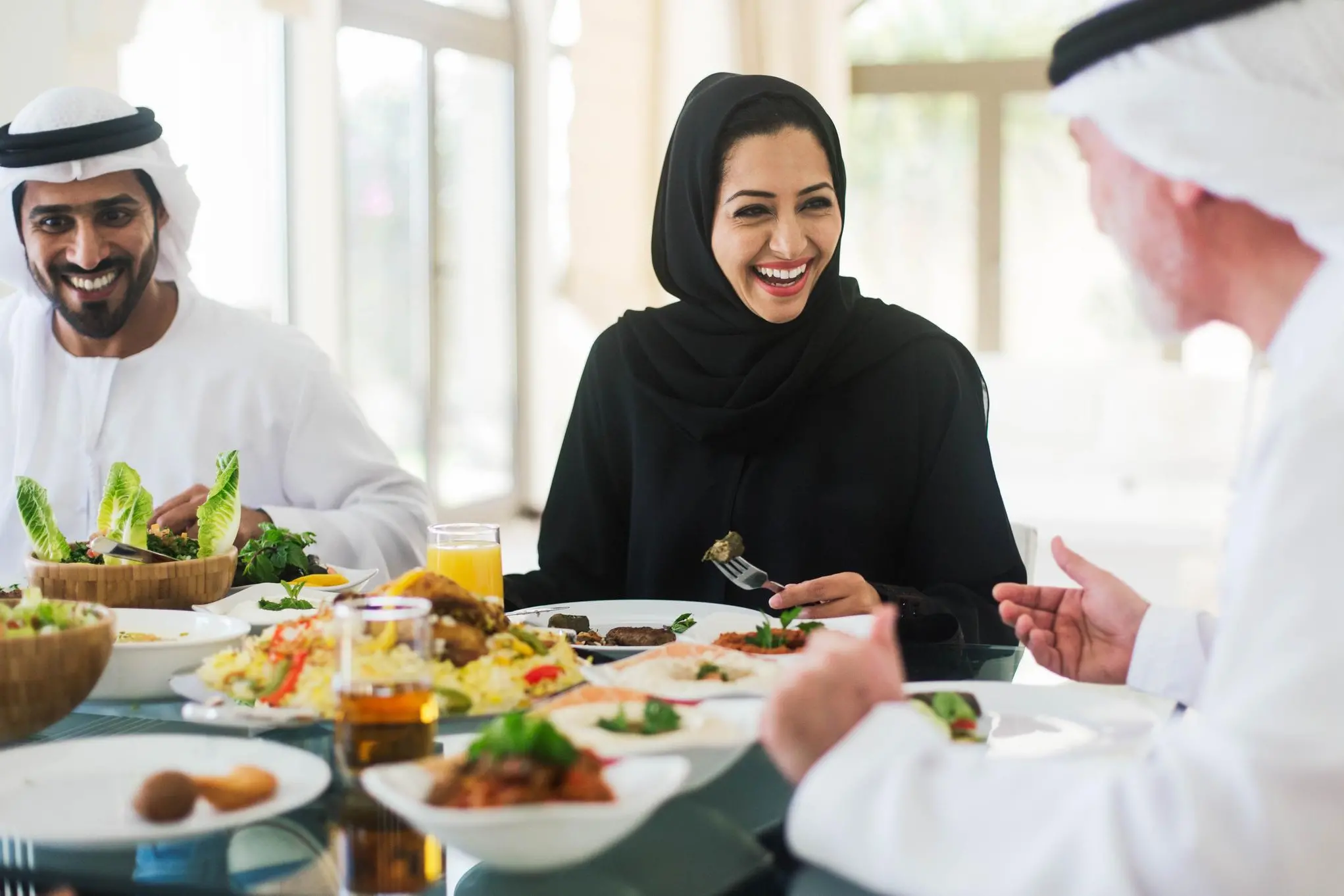PHOTO
DUBAI — Food products from Latin America and the Caribbean (LAC) accounted for 9% of the GCC’s total agricultural imports in 2016, which amounted to $4.3 billion, a new report from the Dubai Chamber of Commerce and Industry has revealed.
Entitled Breaking Barriers: Agricultural Trade Between the GCC and Latin America, the Economist Intelligence Unit (EIU) report commissioned by Dubai Chamber was released on the sidelines of the second Global Business Forum on Latin America, taking place in Dubai on February 27th-28th 2018, under the patronage of Sheikh Mohammed bin Rashid Al Maktoum, Vice President and Prime Minister of the UAE and Ruler of Dubai.
The report identifies the UAE and Saudi Arabia as the top GCC trade destinations for LAC countries, which together account for at least 80% of the six main agricultural exports from the region. Roughly 40% of the total imports from LAC into the GCC comprised agricultural products, the study adds, revealing that Latin America accounts for almost half of all GCC meat imports, close to 30% of its imports of animal fodder and around a tenth of its cereals, fruit and nuts, oleaginous seeds and sugar imports.
“Latin American countries are an importa source of food products for GCC countries,” said Hamad Buamim, President and CEO of the Dubai Chamber of Commerce and Industry, noting that there is plenty of scope to expand collaboration in this area as the GCC rolls out plans to improve its food security, while Latin American countries look to diversify their export markets.
“The Global Business Forum on Latin America 2018 offers an ideal platform to explore effective solutions to the obstacles hindering trade relations between our two regions – particularly in terms of facilitating the flow of Latin American agricultural products to Gulf countries. Stakeholders at the event will look at new ways to capitalizse on this growth potential by expanding direct air links between the two regions and embracing modern technologies to overcome agricultural challenges,” he said.
The supply of agricultural products to the GCC is currently dominated by Brazil and Argentina, the report revealed. Brazil is the top exporter of meat products to the GCC, with a 98% share of the market in 2016. In the same year, 91% of the sugar and 83% of the oil seeds exported from LAC to the GCC were from Brazil.
Meanwhile, Argentina has been the primary supplier of cereals and animal fodder, whereas Ecuador and Chile dominated exports of fruit and nuts to the GCC in 2016, with 38% and 34% of the total from LAC, respectively.
According to the report, there is a wider range of food products that the LAC countries can offer GCC countries. Expanding direct air links and driving efficiencies in shipping can reduce the time and cost of transporting such products, the study recommends, which, in turn, creates opportunities for LAC exporters to supply agricultural goods with a shorter shelf life or those that are currently too expensive to transport.
The report further said the GCC can engage small and medium-sized producers that dominate the LAC agricultural sector by offering better trade financing options and connectivity. More direct air and sea links can reduce the cost of transporting food products, making it viable for smaller players to participate in agricultural trade.
In addition, the adoption of blockchain technology was highlighted as an important trend that will help address key challenges and create new growth opportunities in LAC countries. Through a combination of data captured through devices and smart contracts, the new technology can help to reduce paperwork, processing times and human error in import and export processes.
The technology can improve transparency, and provide stakeholders with valuable information on the state of goods and status of shipments in real time, while it can help improve food safety and quality management by monitoring humidity and temperature along the supply chain, the report concluded.
Bearing the theme “Connect – Collaborate – Grow”, the high-level event is bringing together top-level decision makers, including current and former heads of state, ministers, dignitaries, prominent CEOs, heads of private banks, sovereign wealth funds, private equity firms, business leaders, and entrepreneurs from Latin America, the GCC and beyond.
The 2018 conference is part of the Global Business Forum series, which was launched by Dubai Chamber in 2013 to highlight new investment opportunities in a number of emerging and dynamic global markets, including Africa, the Commonwealth of Independent States (CIS) and Latin America. — SG
© Copyright 2018 The Saudi Gazette. All Rights Reserved. Provided by SyndiGate Media Inc. (Syndigate.info).





















